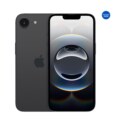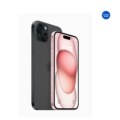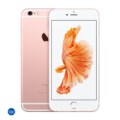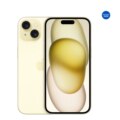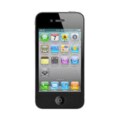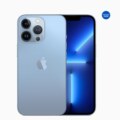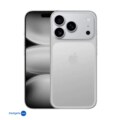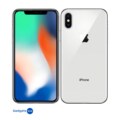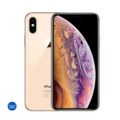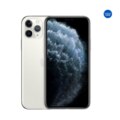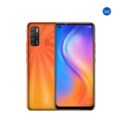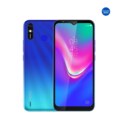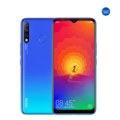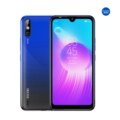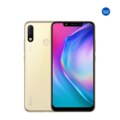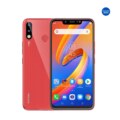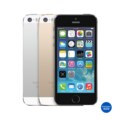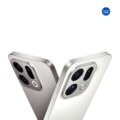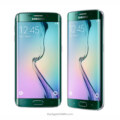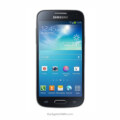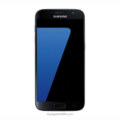Apple iPhone 17
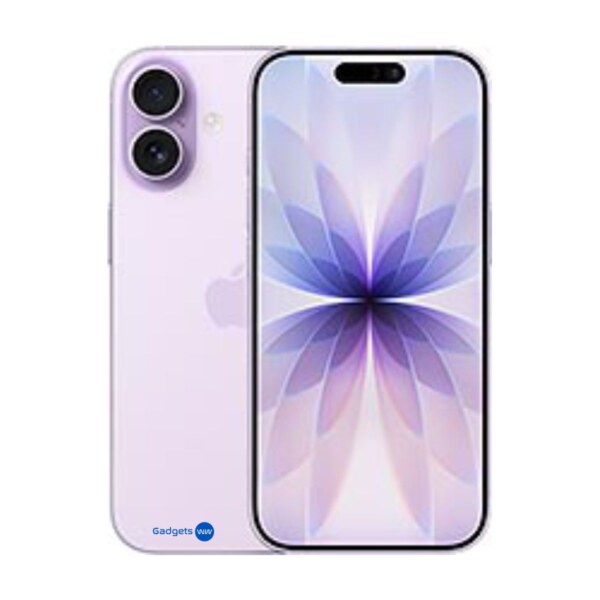

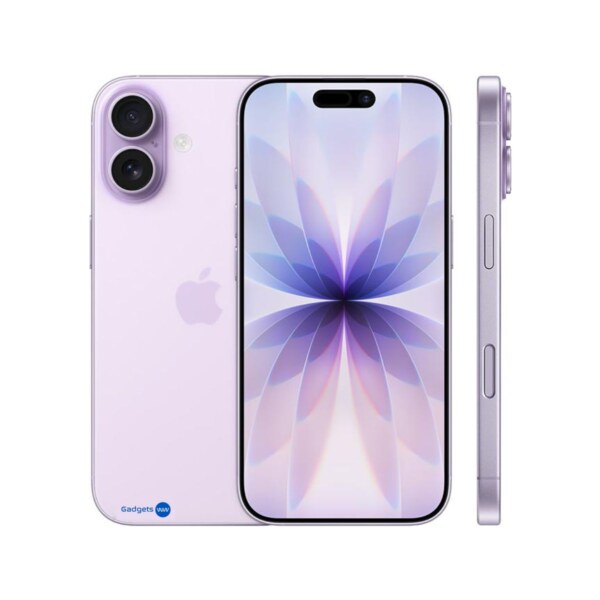
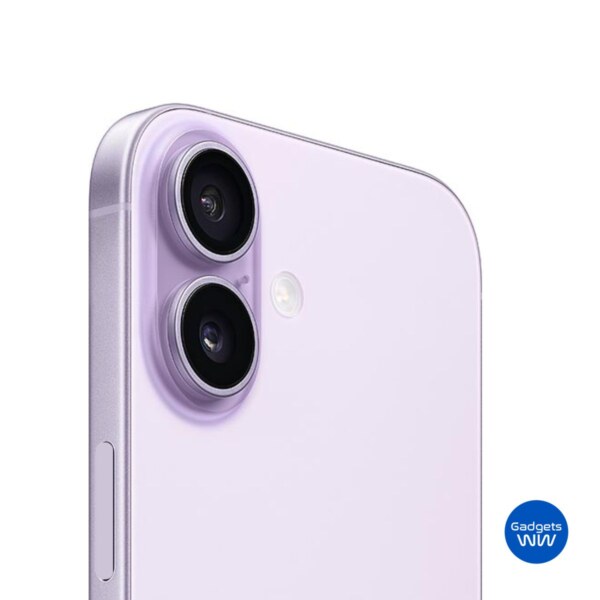
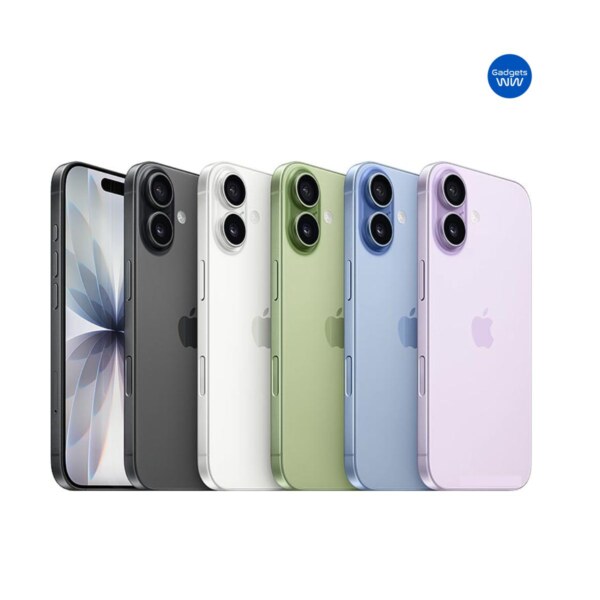
-
Display: 6.3" (1206x2622 pixels)
-
Processor: Apple A19
-
Rear Camera: 48MP
-
RAM: 8GB RAM
-
Storage: 256GB / 512GB / no card slot
-
OS: iOS 26
-
Battery: 3692mAh
iPhone 17: A New Chapter in Apple’s Story
Every September, there’s a familiar sense of anticipation in the air whenever Apple holds its event. Phones are leaked, rumors swirl, people make their guesses, and then, almost like clockwork, Apple takes the stage. This year in 2025 was no different. Enter: the iPhone 17 series. It isn’t just another incremental update; it points to some meaningful shifts in design, performance, and experience. In this post, I want to walk you through what’s new, what’s better, what might still concern you, and ultimately, whether iPhone 17 is worth your attention (or your wallet).
What’s New & What’s Better
Here are the big upgrades in the iPhone 17 line that stand out, especially when seen in the context of what came before (e.g. iPhone 16 and earlier).
- Performance & Efficiency Upgrades
- Under the hood, Apple has introduced the A19 chip. Built on a cutting-edge process (rumors suggest 3‑nm tech), this chip brings both speed and energy savings. Tasks feel snappier, animations smoother, and battery drain is better managed.
- Alongside that, there’s a new “networking chip” (often referenced in leaks), which improves connectivity, better Wi-Fi, more reliable signals, possibly new Bluetooth features.
-
Display & Visual Experience
- The iPhone 17 now supports ProMotion (120Hz refresh rate) across more of its line. That means scrolling, animations, everything feels much more fluid. For people coming from 60Hz displays, the difference is immediately noticeable.
- There’s also an Always‑On capability; even when the phone is locked, you get notifications, widgets, time visible, a small but very usable change.
- Outdoor brightness and durability get upgrades, higher peak brightness and an improved anti‑reflective / scratch‑resistant front glass. For those who use their phones outside often, those upgrades matter a lot.
-
Camera Improvements
- The selfie/front‑facing camera has been upgraded. Instead of the same 12MP sensor from earlier generations, leaks point toward a 24MP front camera. You’ll get sharper, more detailed selfies, better low‑light performance, and more flexibility in framing.
- On the rear, depending on the model (Pro/Pro Max especially), there are 48MP sensors, ultra‑wide lenses, and even telephoto / periscope lenses. Some rumors also suggest variable aperture on the Pro models, an exciting development for photography lovers.
-
Battery Life, Charging & Power
- Thanks to the efficiency gains in chip design (especially the A19 + better display tech), battery life is noticeably better. You can expect several extra hours of video playback or streaming compared to iPhone 16.
- Charging gets better too. Faster wired charging (a 40W or higher adapter is mentioned in leaks) helps get to 50% in less time. Wireless charging refinements, MagSafe improvements, possibly support for newer wireless standards like Qi2.2.
-
Design, Versions & Variants
- One of the interesting developments is the iPhone 17 Air, a thinner, lighter variant meant to sit somewhere between the base and Pro models. It trades off some features (cameras, maybe fewer lenses) for portability and sleekness.
- The regular iPhone 17 retains much of the look from iPhone 16, but with subtle design refinements. Pro models seem to have more pronounced changes, especially in camera module layout and materials. Titanium for the Air model is among the rumors.
- Color options have been expanded, new shades for different models, with distinctive colors for Pro vs standard vs Air.
Things to Consider / What’s Not Perfect
It’s not all smooth sailing, and there are a few trade‑offs, uncertainties, and possible downsides.
- Price awareness: While the base model remains in a similar starting price range (around $799 in the US) for standard storage, Pro and Air models could cost more especially given better materials, more storage, etc. If you’re importing into Nigeria (or elsewhere), taxes, currency fluctuations, shipping all add up.
- Feature disparity among models: If you don’t buy a Pro or Pro Max, you won’t get every high‑end feature (e.g. the periscope lens, telephoto, maybe variable aperture). So choose carefully based on what you use the phone for.
- Size vs portability trade‑off: The Pro Max is always going to be big and heavy. The Air helps here, but then you lose some camera or battery capacity.
- Real‑world gains vs hype: Some improvements (brighter display, faster chip, better glass) are meaningful. Others may be more incremental or visible only in certain conditions. If your current phone is recent (say an iPhone 16), some changes may feel small.
What It Means for Users
Here are some thoughts on how the iPhone 17 series might change daily user experience, what feels better, what might influence your decision to upgrade, and who’s likely to benefit most.
- If you use your phone heavily outdoors, in bright sunlight, the improved brightness, better anti‑reflection, and more durable glass make a big difference.
- For creators, content makers, anyone who takes a lot of photos or video, especially in low light or zoomed settings, the upgraded camera systems (48MP, variable aperture, periscope zoom depending on model) are tempting.
- Gamers, or anyone who scrolls a lot, will enjoy the 120Hz display. It’s one of those things where once you get used to it, going back feels sluggish.
- If battery life matters, long video streaming, travel, limited access to chargers, the efficiency improvements and better battery performance become compelling.
- On the flip side, if your phone is “just working” and your priorities are messaging, calls, basic apps, maybe an older iPhone 14 or 15 works just fine. Upgrading always involves weighing cost vs new usefulness.
Local Angle: What About Nigeria (and similar markets)?
Since you’re here, I think it’s important to think about it from a Nigerian (or similar developing‑market) perspective.
- Pricing tends to be substantially higher than US “base” prices once you factor in import duty, VAT, distribution margins. Leaks / rumor sites estimate the iPhone 17 base model in Nigeria could be somewhere between ₦1,250,000 and ₦1,350,000, with Pro and Pro Max higher.
- Availability might lag by weeks compared to global launch. Authorized resellers will get stock later, grey‑market imports sometimes sooner but risk issues like warranty, authenticity.
- After‑sales & accessory ecosystem matter: chargers, cases, screen protectors, battery repair, etc. If Apple changes materials (e.g. super hard glass, titanium), repairs may be more expensive or more limited.
- Resale value: In Nigeria, Apple phones tend to hold value well, but newer models make older ones drop in resale price. If you upgrade, selling your current phone sooner may help offset the cost.
Verdict: Is the iPhone 17 Worth It?
Here’s my take:
If you are on an older model (iPhone 12 / 13 / early 14), the iPhone 17 offers enough meaningful upgrades, faster chip, better display, improved camera, that it’s worth seriously considering. The Air and Pro models offer nice variants depending on what you value most (portability vs power).
If you already have a recent iPhone 16, the upgrades are more modest. Unless photography, display smoothness, or battery life are things you deeply care about, or unless the discounts on older models steeply drop once the 17 is out, you may want to wait or pick carefully.
In short: for many people, yes, it’s a strong upgrade. But don’t let the hype alone push you; think about what you use your phone for, and whether the extra cost gives you enough “everyday improvement.”
Specs
LAUNCH
| Announced | 2025, September 09 |
| Availability | Available. Released 2025, September 19 |
NETWORK
| 2G Bands | GSM 850 / 900 / 1800 / 1900 CDMA 800 / 1900 |
| 3G Bands | HSDPA 850 / 900 / 1700(AWS) / 1900 / 2100 CDMA2000 1xEV-DO |
| 4G Bands | 1, 2, 3, 4, 5, 7, 8, 12, 13, 17, 18, 19, 20, 25, 26, 28, 30, 32, 34, 38, 39, 40, 41, 42, 48, 53, 66 - A3520 1, 2, 3, 4, 5, 7, 8, 12, 13, 14, 17, 18, 19, 20, 25, 26, 28, 29, 30, 32, 34, 38, 39, 40, 41, 42, 48, 53, 66, 71 - A3258 1, 2, 3, 4, 5, 7, 8, 11, 12, 13, 14, 17, 18, 19, 20, 21, 25, 26, 28, 29, 30, 32, 34, 38, 39, 40, 41, 42, 48, 53, 66, 71 - A3519 1, 2, 3, 4, 5, 7, 8, 12, 13, 17, 18, 19, 20, 25, 26, 28, 30, 32, 34, 38, 39, 40, 41, 42, 48, 66 - A3521 |
| 5G Bands | 1, 2, 3, 5, 7, 8, 12, 20, 25, 26, 28, 30, 38, 40, 41, 48, 53, 66, 70, 75, 77, 78, 79 SA/NSA/Sub6 - A3520 1, 2, 3, 5, 7, 8, 12, 14, 20, 25, 26, 28, 29, 30, 38, 40, 41, 48, 53, 66, 70, 71, 75, 77, 78, 79, 258, 260, 261 SA/NSA/Sub6/mmWave - A3258 1, 2, 3, 5, 7, 8, 12, 14, 20, 25, 26, 28, 29, 30, 38, 40, 41, 48, 53, 66, 70, 71, 75, 77, 78, 79 SA/NSA/Sub6 - A3519 1, 2, 3, 5, 7, 8, 12, 20, 25, 26, 28, 30, 38, 40, 41, 48, 66, 70, 75, 77, 78, 79 SA/NSA/Sub6 - A3521 |
| Speed | HSPA, LTE, 5G, EV-DO Rev.A 3.1 Mbps |
| Technology | GSM / CDMA / HSPA / EVDO / LTE / 5G |
DESIGN
| Measurements | 149.6 x 71.5 x 8 mm (5.89 x 2.81 x 0.31 in) |
| Weight | 177 g (6.24 oz) |
| Build | Glass front (Ceramic Shield 2), aluminum frame, glass back |
| SIM | Nano-SIM + eSIM + eSIM (max 2 at a time; International) eSIM + eSIM (8 or more, max 2 at a time; USA) Nano-SIM + Nano-SIM (China) IP68 dust tight and water resistant (immersible up to 6m for 30 min) Apple Pay (Visa, MasterCard, AMEX certified) |
DISPLAY
| Type | LTPO Super Retina XDR OLED, 120Hz, HDR10, 1000 nits (typ), 1600 nits (HBM), 3000 nits (peak) |
| Size | 6.3 inches, 96.4 cm2 (~90.1% screen-to-body ratio) |
| Resolution | 1206 x 2622 pixels, 19.5:9 ratio (~460 ppi density) |
| Protection | Ceramic Shield 2, Mohs level 5 |
PLATFORM
| OS | iOS 26 |
| Chipset | Apple A19 (3 nm) |
| CPU | Hexa-core (2x4.26 GHz + 4xX.X GHz) |
| GPU | Apple GPU (5-core graphics) |
MEMORY
| Card Slot | No |
| Internal | 256GB 8GB RAM, 512GB 8GB RAM NVMe |
REAR CAMERA
| Dual | 48 MP, f/1.6, 26mm (wide), 1/1.56", 1.0µm, dual pixel PDAF, sensor-shift OIS 48 MP, f/2.2, 13mm, 120˚ (ultrawide), 1/2.55", 0.7µm, PDAF |
| Features | Dual-LED dual-tone flash, HDR (photo/panorama) |
| Video | 4K@24/25/30/60fps, 1080p@25/30/60/120/240fps, HDR, Dolby Vision HDR (up to 60fps), stereo sound rec. |
SELFIE CAMERA
| Single | 18 MP multi-aspect, f/1.9, 20mm (ultrawide), PDAF, OIS SL 3D, (depth/biometrics sensor) |
| Features | HDR, Dolby Vision HDR, 3D (spatial) audio, stereo sound rec. |
| Video | 4K@24/25/30/60fps, 1080p@25/30/60/120fps, gyro-EIS |
SOUND
| Loudspeaker | Yes, with stereo speakers |
| 3.5mm Jack | No |
COMMUNICATION
| WLAN | Wi-Fi 802.11 a/b/g/n/ac/6/7, tri-band, hotspot |
| Bluetooth | 6.0, A2DP, LE |
| Positioning | GPS (L1+L5), GLONASS, GALILEO, BDS, QZSS, NavIC |
| NFC | Yes |
| Radio | No |
| USB | USB Type-C 2.0, DisplayPor |
FEATURES
| Sensors | Face ID, accelerometer, gyro, proximity, compass, barometer Ultra Wideband (UWB) support (gen2 chip) Emergency SOS, Messages and Find My via satellite |
BATTERY
| Kind | Li-Ion 3692 mAh |
| Charging | Wired, PD3.2, AVS, 50% in 20 min 25W wireless MagSafe/Qi2, 50% in 30 min (15W - China) 4.5W reverse wired |
OTHERS
| Colors | Black, White, Mist Blue, Sage, Lavender |
| Models | iPhone18,3, A3520, A3258, A3519, A3521 |
| SAR | 1.49 W/kg |
| SAR EU | 1.24 W/kg Head, 1.33 W/kg Body |
PRICE
| Nigeria | ₦1,595,542.00 |
| UK | £ 799.00 |
| USA | $1070.78 |
| India | ₹94,953.24 |
EU LABEL
| Energy | Class A |
| Battery | 41:00h endurance, 1000 cycles |
| Free fall | Class B (180 falls) |
| Repairability | Class C |
Reviews
Disclaimer Note
The reviews, opinions, and information shared on this blog are based on personal experiences, research, and available product details at the time of writing. While we strive to provide accurate and up-to-date information, we cannot guarantee that all specifications, prices, or features remain current.


